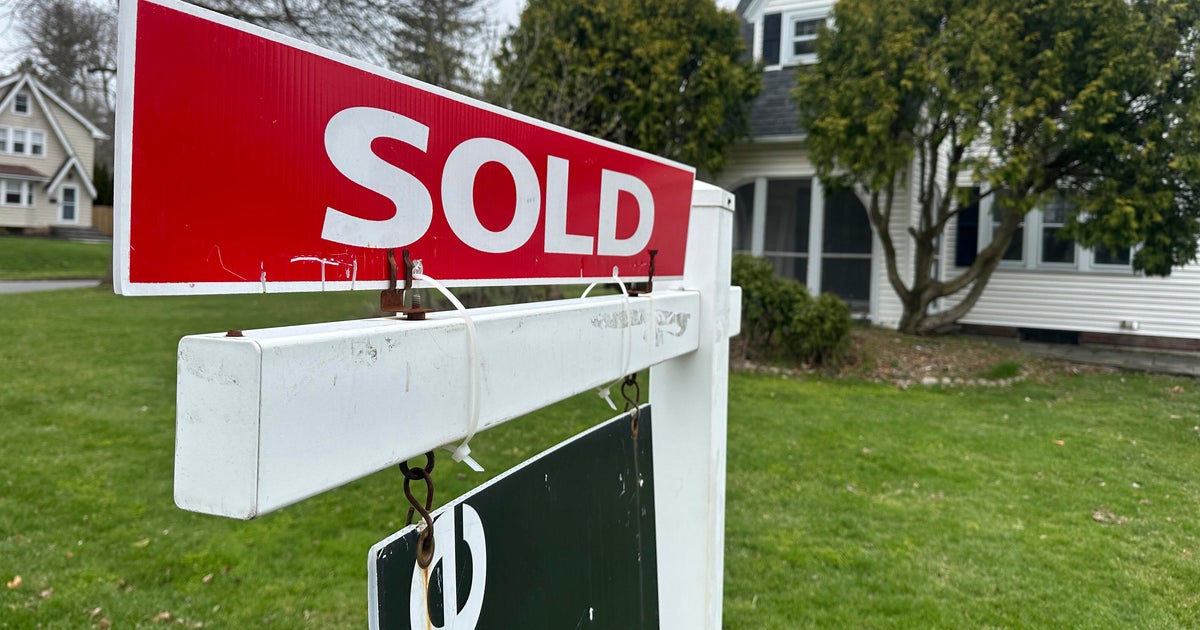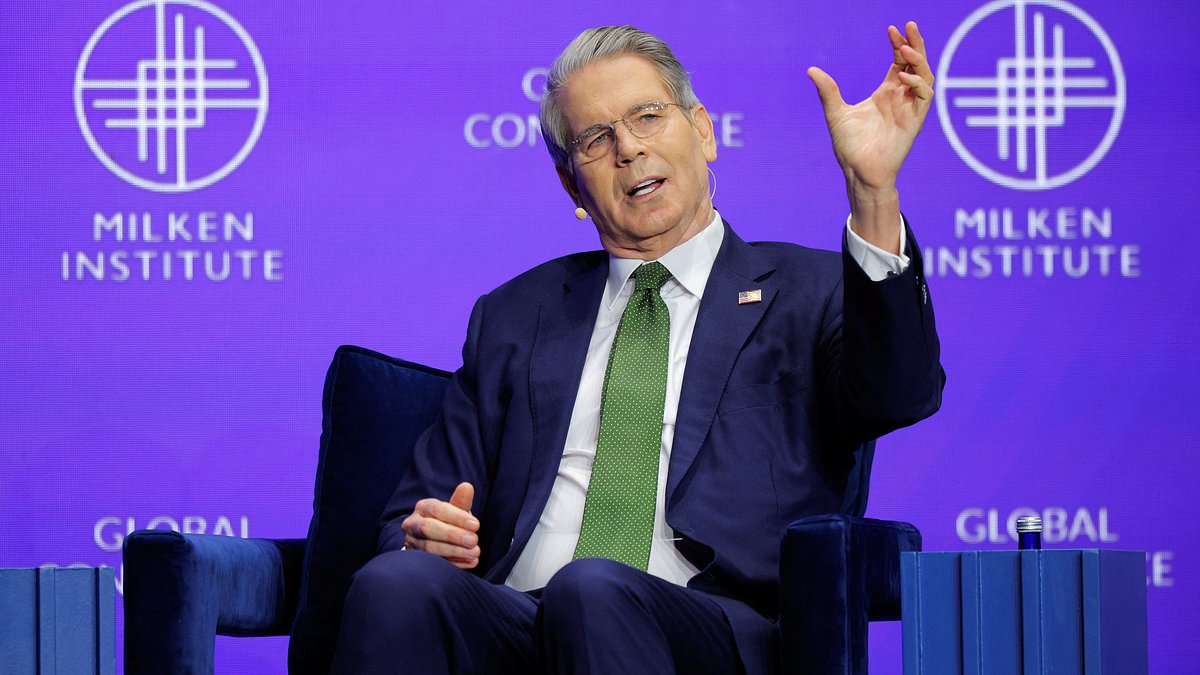Trump Considers Taking Fannie Mae and Freddie Mac Public

Experts suggest that new homeowners should review their property tax assessments for accuracy. The assessment determines the property's value for tax purposes, and inaccuracies could lead to overpayment. Real estate lawyer Sal Cataldo notes that new homeowners typically possess essential documents, like title reports and home inspection reports, that detail the property's features and potential flaws. These documents can be used to identify discrepancies in the property tax assessment.
A home sale usually triggers a property tax reassessment, applying the new market value. Property taxes have been increasing due to rising home values and tax rates. According to a Realtor.com report, the median property tax bill in the U.S. was $3,500 in 2024, a 2.8% increase from 2023. Property tax amounts vary by location; for instance, New York City had a median property tax of $9,937 as of 2023.
Pete Sepp of the National Taxpayers Union Foundation (NTUF) notes that properties are often over-assessed, resulting in excessive tax payments. These over-assessments may stem from uncorrected details, such as inaccurate square footage or bathroom counts. NTUF estimates that 30% to 60% of taxable properties in the U.S. are over-assessed. Appealing an assessment can lead to long-term savings. Realtor.com estimates that over 40% of U.S. homeowners could save $100 or more annually by contesting their assessment, with median savings of $539 per year.
President Trump has indicated he may take Fannie Mae and Freddie Mac public, potentially ending 17 years of federal control. This move has been supported by investors like Bill Ackman. Fannie and Freddie guarantee trillions of dollars in mortgages, and releasing them from conservatorship is a complex and debated issue.
Advocates of privatization argue Fannie and Freddie could function better independently and that privatization could benefit investors. Ackman's Pershing Square Capital Management holds a significant stake in both firms. Since his reelection, Trump has been urged by Ackman to end the conservatorship, potentially generating up to $300 billion for the government. Ackman has expressed optimism about Trump's consideration of the idea.
Critics like Sen. Elizabeth Warren caution against privatization, suggesting it could disrupt the mortgage market and benefit Wall Street at the expense of homebuyers. The White House states its commitment to strengthening the Federal Housing Finance Agency (FHFA) to promote homeownership, with careful evaluation of any actions.
Fannie Mae and Freddie Mac were created to support the housing market by purchasing mortgages and bundling them into mortgage-backed securities. The 2008 financial crisis led to the government placing them under federal conservatorship. Releasing them from this control has been a long-standing debate.
Arguments against privatization include potential increases in mortgage rates, while supporters suggest it could benefit taxpayers. Credit agency Fitch Ratings notes that ratings of Fannie and Freddie's debt would depend on whether a federal backstop remains. Treasury Secretary Scott Bessent has emphasized the importance of long-term mortgage rates in any decision regarding Fannie and Freddie's future.
Analyst Jaret Seiberg anticipates a deliberate approach from the Trump administration, given the immediate impact on mortgage prices. During his first term, Trump's Treasury Department proposed ending the conservatorship. Pershing Square has outlined a plan for IPOs by 2026 for Fannie and 2027 for Freddie, followed by the government selling its stakes over five years.
FHFA Director William Pulte stresses the need for careful planning to ensure the safety of the housing market and avoid upward pressure on mortgage rates when considering any exit from conservatorship.











